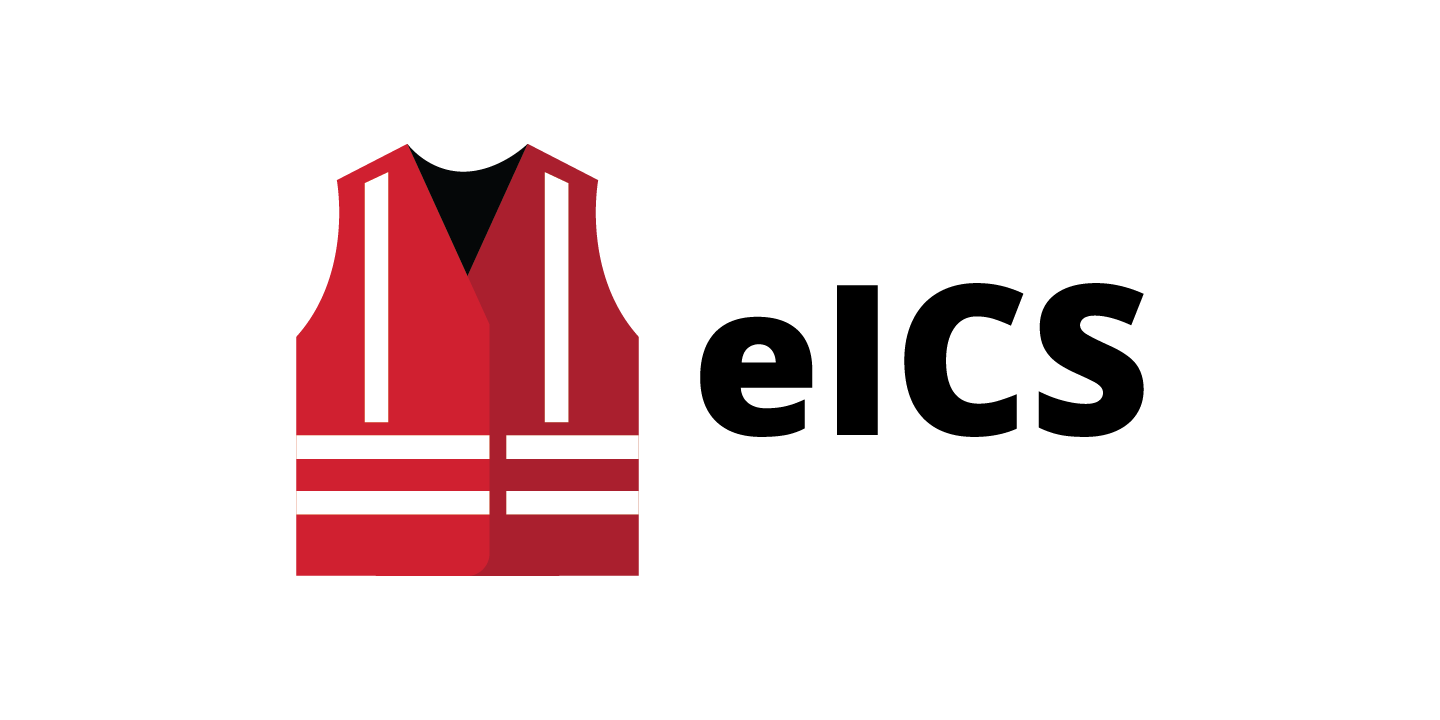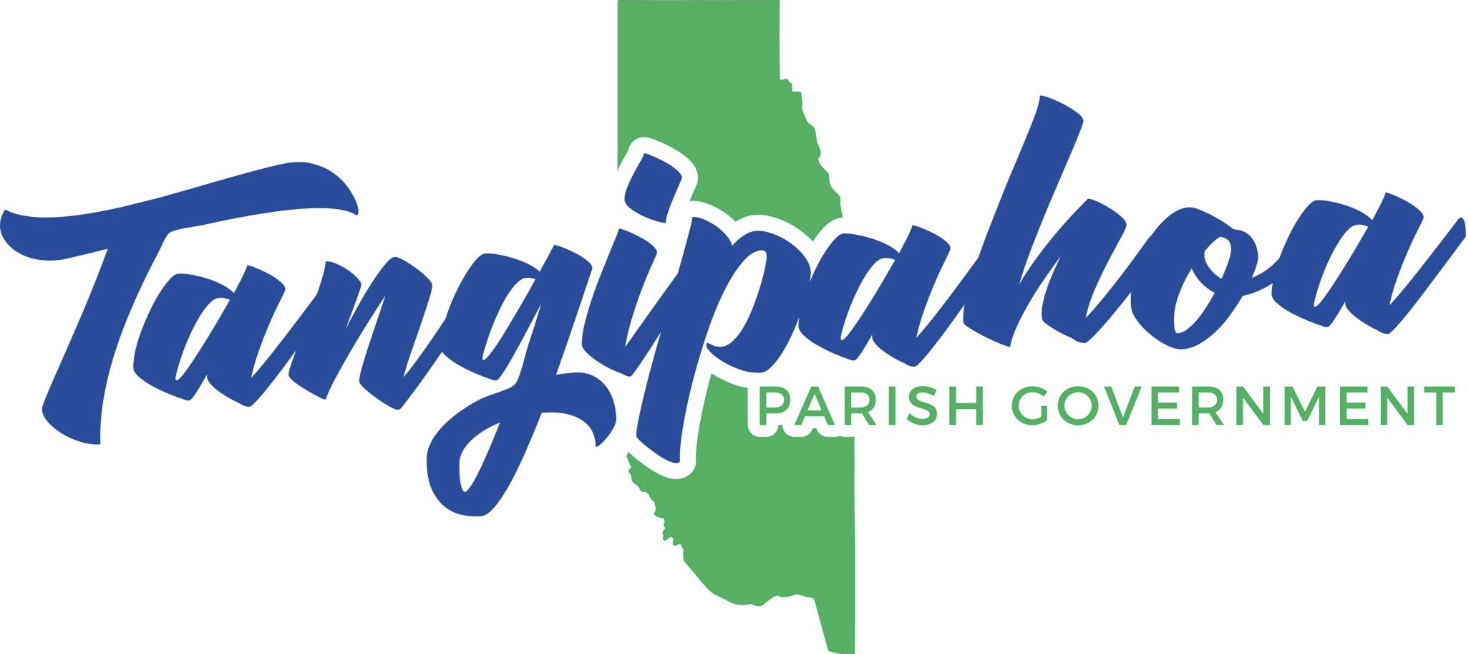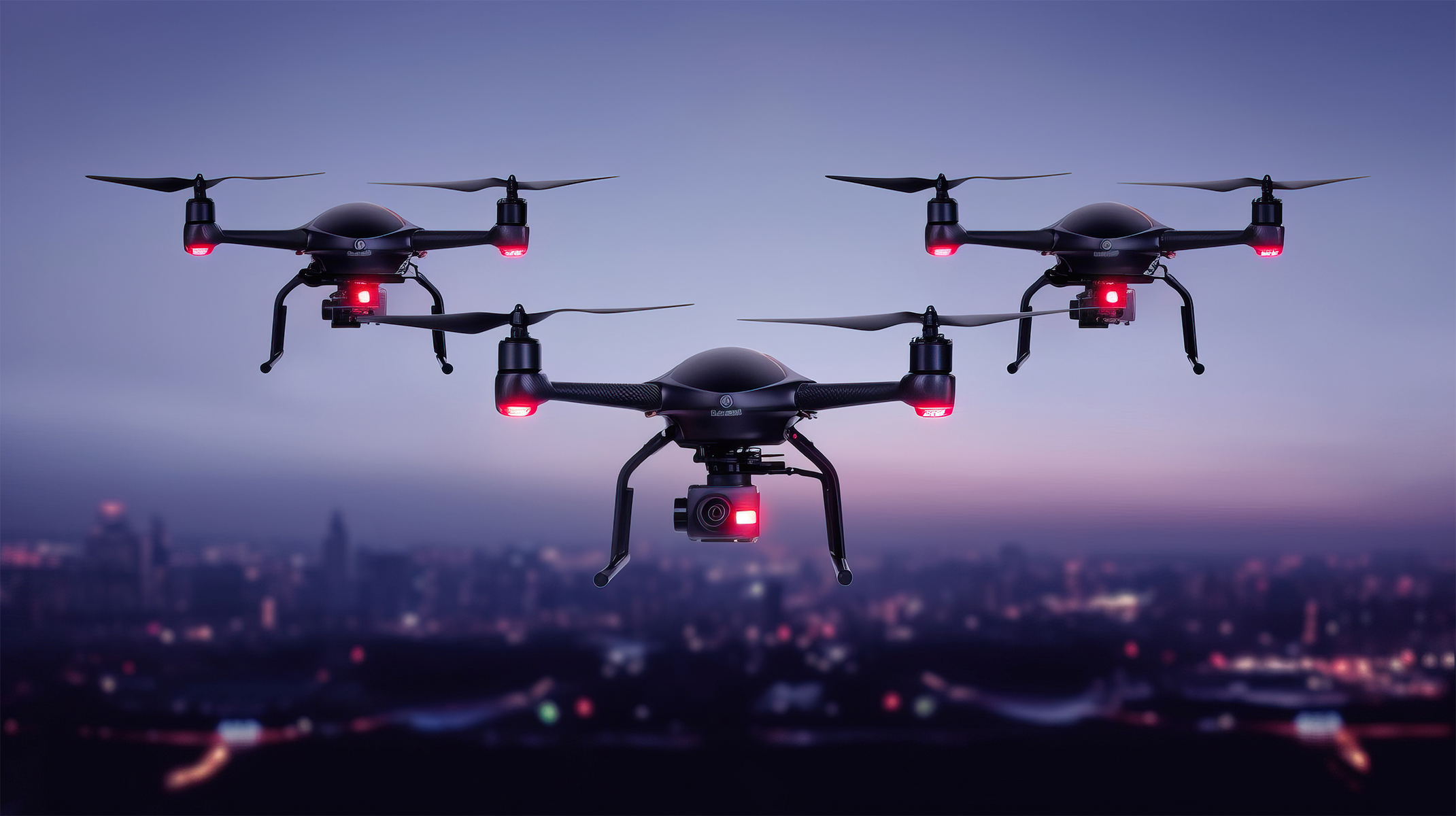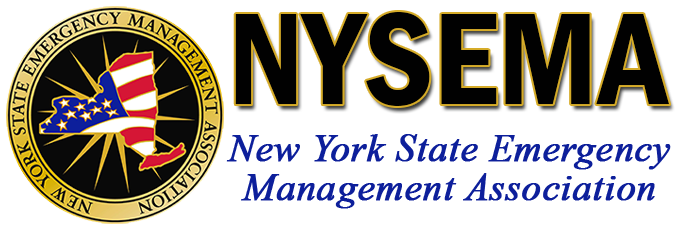It had been a quarter of a century since a pope last visited the country of Lithuania, where 77% of the population, according to the 2011 census, identify as Catholic. So, it was no surprise that a Mass celebrated by Pope Francis at an outdoor venue last week in Kaunas attracted over 100,000 participants. This included a significant number of elderly and disabled persons, many of whom traveled long distances, and arrived many hours ahead of the scheduled program.
Kaunas Emergency Medical Services (EMS) was well-aware of the challenges involved in providing a highly effective medical response operation for a venue that covered over 70 acres and had minimal mobility due to both the dense crowds and high level of security.
Giedrius Meskauskas, a member of the Kaunas EMS team tasked with standing up medical operations for the event, stressed the importance of preparation and even “over-preparation.” Meskauskas’ group was in charge of assessing and identifying work sectors, transportation and communications pathways, as well as human resources, supplies and equipment needs. It is training, however, that he cites as his team’s key initiative that ensured success.
Training was provided not only to fellow healthcare providers but also for those departments and institutions with whom EMS would interface throughout the event. Meskauskas also appeared on the Kaunas religious radio station to educate the public on staying safe during long periods of waiting in line, sun exposure and limited access to food and beverages. Meskauskas wisely notes, “Under pressure, you don’t rise to the occasion, you sink to the level of your training.”
Meskauskas was also a member of the 154-person team that staffed medical operations on the day of the event. They treated 141 patients for everything from headaches to chest pain. Most were treated on scene, but 18 were severe enough to be transported to area hospitals. Meskauskas believes that the time dedicated to training all those involved contributed to rapid patient assessment and intervention, and, ultimately, to successful patient outcomes.
Interestingly, Meskauskas, an eleven-year Kaunas EMS veteran, participated as a volunteer. Meskauskas works full time on Juvare’s Product Management team as a Senior Business Analyst, helping shape Juvare solutions used daily by EMS providers throughout the United States. Juvare proudly provides market-focused solutions to the healthcare community, looking to peers to define requirements that ensure the solutions work in the real world and support real-world operations.
Meskauskas recently introduced new functionality that provides robust communication capabilities between EMS and hospitals. This includes the delivery of critical field assessment information for incoming patients, enabling hospitals to mobilize and dedicate resources well in advance of patient arrival.
Juvare is fortunate to have highly skilled experts on staff, and the company encourages and supports their participation in volunteer opportunities that enable them to stay current and help their local community.


















